Permanent artificial teeth represent a significant advancement in dental technology, offering solutions for those who have lost their natural teeth due to injury, decay, or other health issues. This article explores the various options available for individuals seeking a lasting replacement for their missing teeth, delving into the types of replacements, benefits, processes involved, potential risks, and considerations for long-lasting smiles.
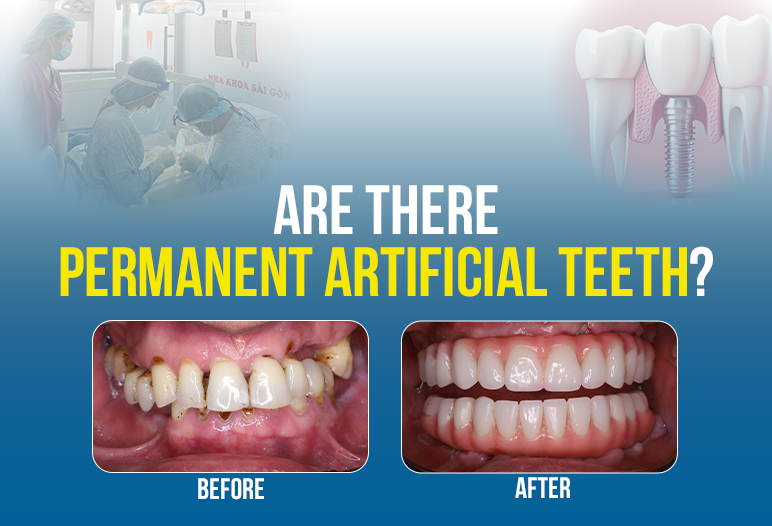
Introduction to Permanent Artificial Teeth
The loss of teeth can be more than just a cosmetic issue; it can affect one’s ability to eat, speak, and maintain overall oral health. In recent years, advancements in dental procedures have paved the way for effective solutions that promise not only aesthetic restoration but also functional longevity. These artificial permanent teeth can significantly contribute to the quality of life for individuals facing tooth loss.
While no artificial tooth is entirely everlasting, certain options, particularly dental implants, are engineered to integrate with the jawbone, offering stability and durability. When considering whether can artificial teeth be fixed permanently, it’s essential to understand the variety of options available and the factors that influence their effectiveness and longevity. Throughout this article, we will explore the intricacies surrounding is there permanent artificial teeth, including the permanent artificial teeth cost, ultimately guiding readers toward informed decisions regarding their dental health.
Types of Permanent Artificial Teeth
Various methods exist for replacing missing teeth, each offering unique advantages and challenges. The choice often hinges on individual circumstances such as the number of missing teeth, the condition of the gums and jawbone, and personal preferences. Let’s examine three predominant options available for those seeking permanent artificial teeth: dental implants, bridges, and dentures.
Dental Implants
Dental implants are widely recognized as the pinnacle of tooth replacement options, providing an ideal blend of functionality and aesthetics.
How They Work The process begins with the surgical placement of a small titanium post into the jawbone, which acts as a replacement for the natural tooth root. Over time, the jawbone fuses with the titanium through a process known as osseointegration, creating a strong and stable foundation for the artificial tooth. After surgery, an abutment is attached to the implant, followed by a custom-made crown that completes the restoration.
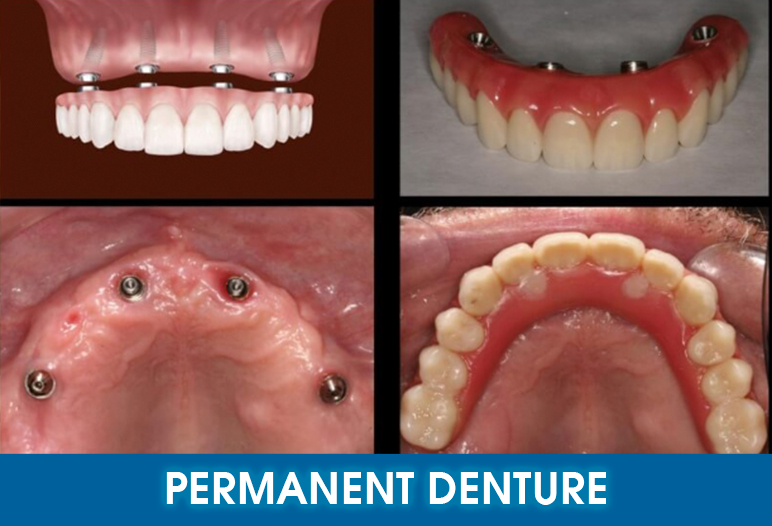
Material titanium is the material of choice for implants due to its biocompatibility. It is well-accepted by the body and minimizes the risk of allergic reactions. The strength of titanium allows implants to withstand the considerable forces exerted during chewing, making them a highly durable option.
Durability one of the most appealing aspects of dental implants is their longevity. With proper care—such as regular dental check-ups and good oral hygiene practices—implants can last a lifetime. Unlike other options that may require replacement over time, dental implants represent a more permanent solution.
Dental Bridges
Another common option for replacing missing teeth is dental bridges. These restorations fill the gaps created by one or more missing teeth and are anchored to the adjacent natural teeth.
How do they work? Bridges work by placing crowns on the adjacent healthy teeth surrounding the gap. These crowns serve as anchors for the false tooth, known as a pontic, which fills the void left by the missing tooth. The result is a seamless transition in the smile and improved function.
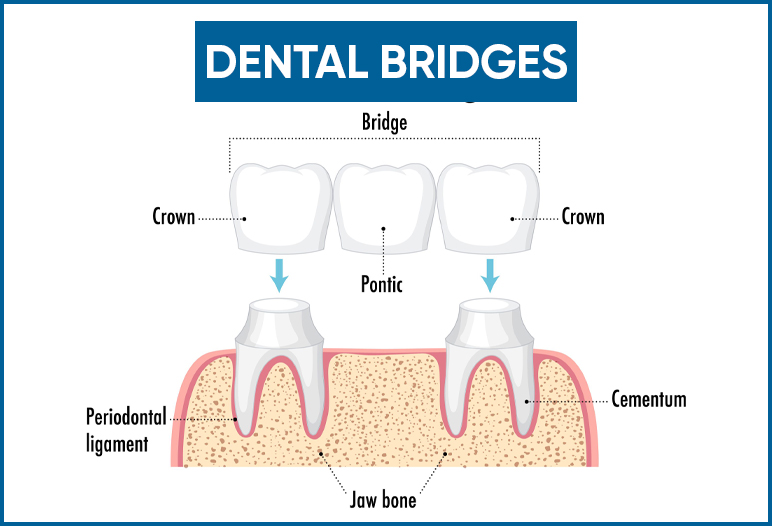
Bridges can be crafted from various materials, including porcelain, ceramic, gold, and metal alloys. These materials not only provide strength but also ensure a natural look that blends with existing teeth.
While dental bridges offer a stable solution, their lifespan is contingent on the health of the supporting teeth. If these teeth experience decay or damage, the bridge may need to be replaced. Regular dental visits are crucial in maintaining the integrity of the anchoring teeth.
Benefits of Permanent Artificial Teeth
Choosing permanent artificial teeth comes with a multitude of benefits beyond merely filling in gaps in one’s smile. Individuals can experience enhanced aesthetics, improved functionality, and long-term cost-effectiveness that greatly improve their lifestyle and health.
Enhanced Aesthetic Appearance
A key benefit of obtaining permanent artificial teeth lies in the enhancement of one’s aesthetic appearance.
[twenty20 img1=”7235″ img2=”7233″ offset=”0.5″]
[twenty20 img1=”7244″ img2=”7243″ offset=”0.5″]
Restoration of Confidence Missing teeth can lead to self-consciousness and embarrassment during social interactions. By opting for permanent replacements, individuals can regain their confidence. Custom-designed crowns, bridges, and dentures closely mimic the size, shape, and color of natural teeth, resulting in a harmonious and attractive smile.
Natural Look and Feel Many patients report that dental implants, in particular, feel much like natural teeth. Their secure placement means that people can eat, talk, and smile without fear of slippage or shifting, which is often a concern with traditional dentures.
Improved Functionality
The restoration of functionality is another compelling reason to consider artificial permanent teeth.
Enhanced Chewing Ability For individuals with missing teeth, basic activities like eating can become difficult and painful. Implants and bridges allow patients to chew a wide variety of foods comfortably. This facilitates better nutrition, as people can enjoy a more balanced diet without restrictions.
[twenty20 img1=”7251″ img2=”7250″ offset=”0.5″]
Improved Speech Missing teeth can hinder clear speech, leading to difficulties in pronunciation and communication. With the support of permanent artificial teeth, articulation can significantly improve, allowing individuals to engage more confidently in conversations.
Long-Term Cost-Effectiveness
Though the initial investment in permanent artificial teeth can be substantial, they often prove to be a more economical choice over time.
Avoiding Frequent Repairs Temporary solutions may seem cheaper upfront but can incur ongoing costs due to frequent repairs and replacements. In contrast, dental implants’ durability means they may last decades or longer, reducing long-term expenses.
Preservation of Jawbone Structure Furthermore, dental implants stimulate the jawbone, preventing bone loss that commonly occurs after tooth extraction. This preserves facial structure and prevents further tooth loss, ultimately avoiding the need for extensive future treatments.
The Process of Getting Permanent Artificial Teeth
The journey to acquiring permanent artificial teeth encompasses multiple stages, beginning with an initial consultation and culminating in aftercare and maintenance. Understanding this process can alleviate any anxiety associated with dental procedures.
Initial Consultation and Assessment
The first step in obtaining permanent artificial teeth is a thorough consultation with a qualified dentist or oral surgeon.
Comprehensive Evaluation During this visit, the dentist will conduct a detailed examination of the patient’s oral health. This assessment includes evaluating the condition of the gums, jawbone, and remaining teeth. Diagnostic tools such as X-rays may be utilized to gauge the extent of bone loss and determine the suitability for specific treatments.
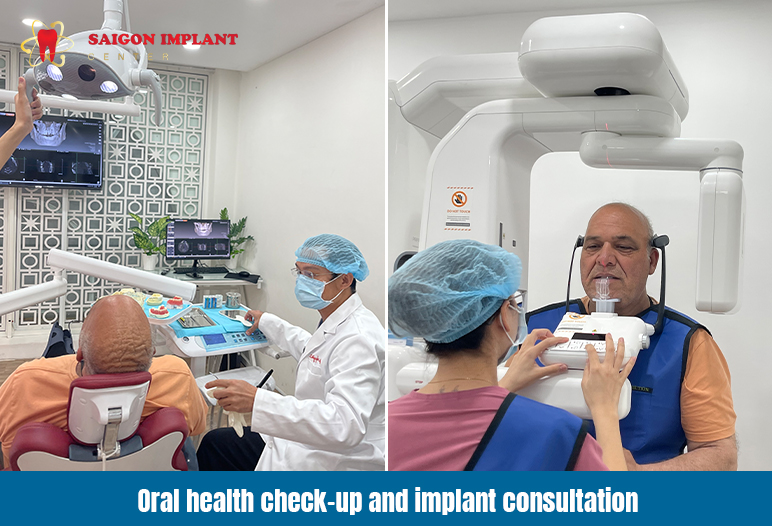
Discussion of Options Patients will have the opportunity to discuss their needs, preferences, and expectations. The dentist will explain the different options available, including dental implants, bridges, and dentures, helping patients make an informed choice based on their unique circumstances.
Treatment Planning and Procedure
Following the assessment, the dentist will create a tailored treatment plan outlining the chosen procedure, estimated timelines, and costs.
Preparation Steps For dental implants, the treatment plan may involve preliminary steps such as bone grafting if necessary. This preparatory procedure aims to build up sufficient bone density to support the implant.
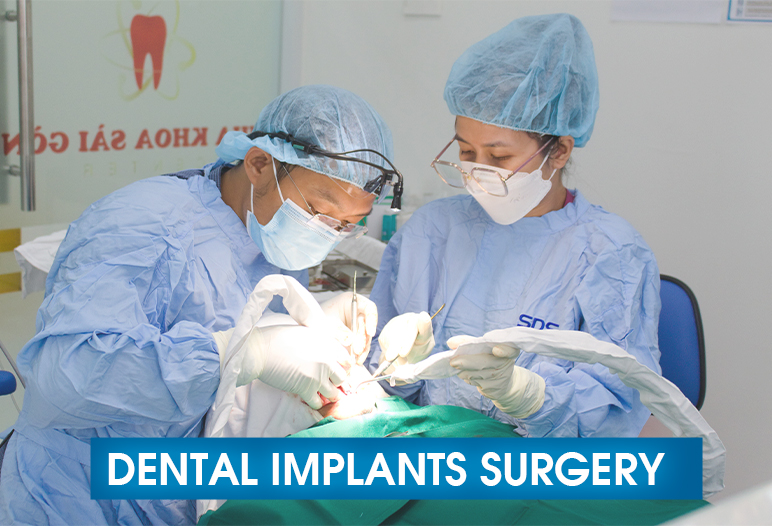
Surgical Procedure The actual placement of the implants typically involves an outpatient surgical procedure conducted under local anesthesia. For bridges and dentures, the process may include preparing adjacent teeth or taking impressions to design a custom-fit prosthetic.
Aftercare and Maintenance
After the procedure, diligent aftercare is vital for ensuring the long-term success of the new artificial teeth.
Post-Operative Instructions Patients will receive specific aftercare guidelines depending on the type of restoration. For implants, maintaining excellent oral hygiene—including regular brushing and flossing—is essential in preventing infections and promoting the longevity of the implant.
Regular Check-Ups Routine dental visits become even more critical after receiving permanent artificial teeth. These check-ups allow the dentist to monitor the health of surrounding tissues and the integrity of the restoration. Bridge and denture wearers should pay special attention to the areas beneath their prosthetics where bacteria can accumulate.
Potential Risks and Considerations
While the benefits of permanent artificial teeth are numerous, it is equally important to recognize the potential risks and considerations associated with their placement.
Complications Associated with Surgery
All surgical procedures carry inherent risks, and dental implant surgery is no exception.
Infection Risk The possibility of infection exists in any surgical setting, including dental implant placement. However, following proper hygiene protocols and administering antibiotics can effectively mitigate this risk.
Nerve Damage Another concern is the potential for nerve damage during implant insertion. Although rare, some patients may experience temporary or, in extreme cases, permanent numbness around the implantation area.
Sinus Issues For implants placed in the upper jaw, there exists a slight risk of penetrating the sinus cavity. Such complications are uncommon but necessitate immediate attention and care.
Implant Failure While dental implants have a high success rate, they can occasionally fail to properly integrate with the jawbone. Factors contributing to implant failure include infection, insufficient bone quality, or lack of proper aftercare.
Maintenance Challenges
Maintaining permanent artificial teeth requires diligence and commitment.
Oral Hygiene Importance Failure to uphold optimal oral hygiene can lead to gum disease and other complications, ultimately jeopardizing the longevity of implants, bridges, or dentures. Patients must prioritize daily brushing, flossing, and routine dental visits to prevent these issues.
Adjustment Period Some individuals may experience discomfort or difficulty adjusting to their new artificial teeth initially. In such cases, patience and adherence to the dentist’s recommendations are vital for overcoming this transitional phase.
Longevity and Replacement Needs
Despite the durable nature of permanent artificial teeth, periodic evaluations are necessary.
Assessment of structures as time goes on, the condition of supporting structures, such as gums and jawbone, may change, impacting the functionality of artificial teeth. Regular assessments allow for timely adjustments or repairs, ensuring continued performance.
Potential for ruture treatments even with successful placements, unforeseen factors may arise that necessitate additional treatments. Patients should remain aware of this possibility and maintain open communication with their dental teams.
Conclusion
In conclusion, the search for permanent artificial teeth offers promising solutions for individuals grappling with tooth loss. Through options such as dental implants, bridges, and dentures, individuals can restore both the functionality and aesthetics of their smiles, ultimately improving their quality of life. While the journey to achieving a perfect smile involves various steps—from initial consultations to aftercare—it is well worth the effort.
Understanding the multiple facets of artificial permanent teeth empowers individuals to make informed decisions that align with their unique circumstances and preferences. Although no solution is completely devoid of risks, the advancements in dental technology provide safer, more reliable options than ever before. Whether contemplating whether can artificial teeth be fixed permanently, seeking clarity on is there permanent artificial teeth, or assessing the permanent artificial teeth cost, knowledge is critical.
Investing in permanent artificial teeth can lead to a lifetime of smiles, social engagement, and improved health outcomes, making it an endeavor worthy of consideration for anyone affected by tooth loss.

 Google Reviews
Google Reviews Call
Call
SAIGON IMPLANT CENTER
Best dentist in Vietnam
Saigon Implant Center - Dental Clinic utilizes the latest technology for specialized treatment in the field of Single implant, full jaw implants, All on 4 implants, All on 6 implants, Zygoma implant....
SAIGON IMPLANT CENTER
Best dentist in Vietnam
Saigon Implant Center - Dental Clinic utilizes the latest technology for specialized treatment in the field of Single implant, full jaw implants, All on 4 implants, All on 6 implants, Zygoma implant....